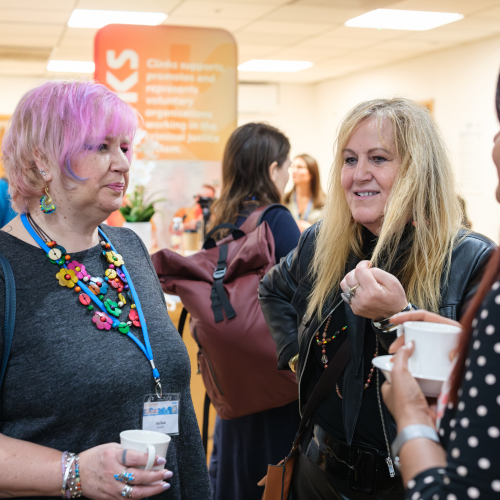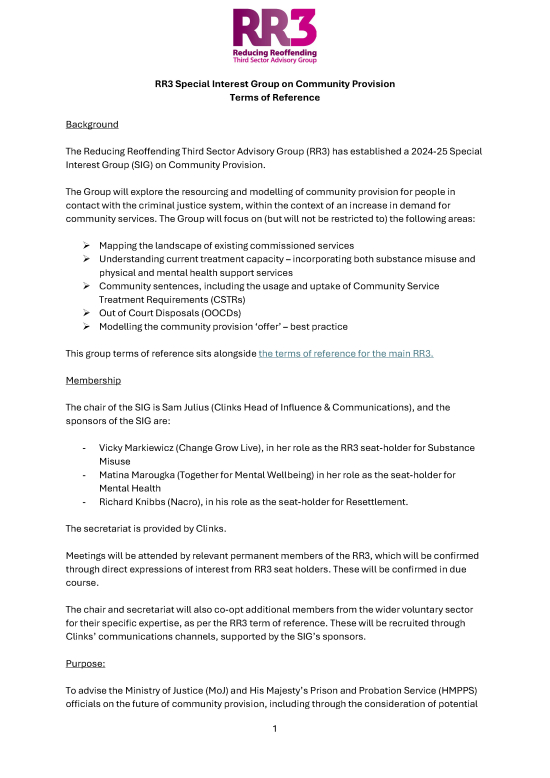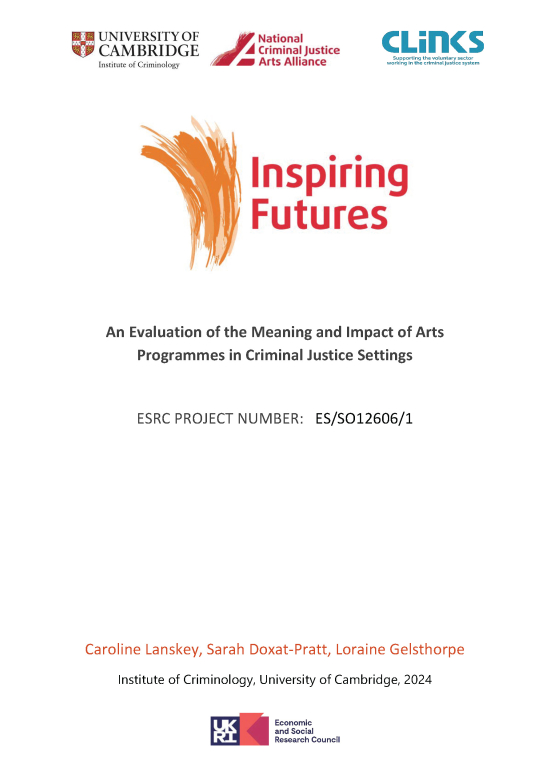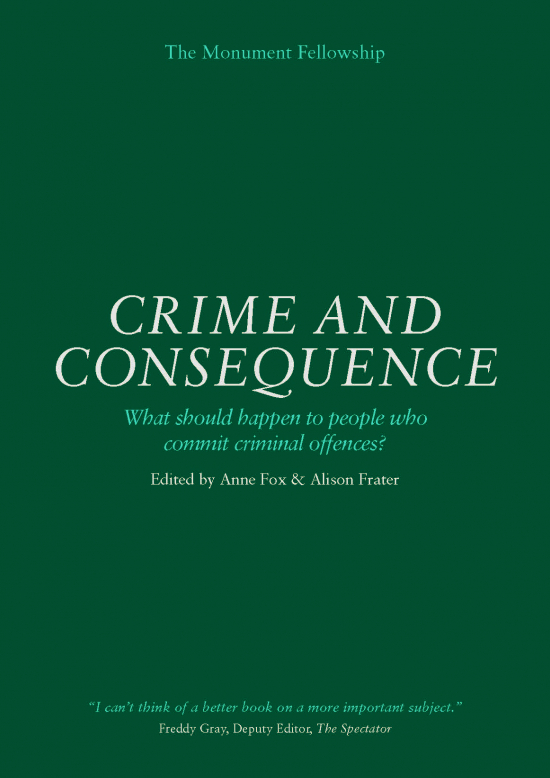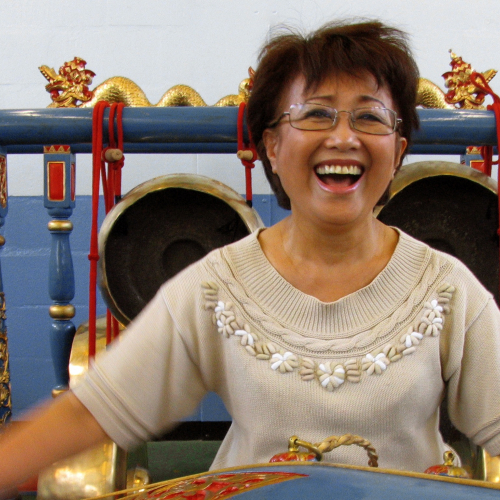Introduction
Arts and cultural activities have a long tradition of successfully empowering people in the criminal justice system to turn their lives around. Evidence indicates that the arts can support the process of desistance from crime. Research shows creativity in criminal justice settings can support improved wellbeing, awaken an interest in learning and can help people build positive new identities. Engaging in the arts can also lead to new skills and employment opportunities, as well as equipping participants with a desire to actively engage in their community and culture.
Fostering empathy, building family connections and playing a role in restorative justice, arts in criminal justice settings have also been found to improve safety and wellbeing in prisons and can play a role in building safer communities. The Justice Data lab found that simply providing access to arts and craft materials in cells, can have a positive impact on reoffending rates.
Arts interventions in criminal justice settings face numerous challenges - from a difficult funding climate to operational challenges and public misconceptions - but there is clear evidence, and growing recognition, that access to the arts provides a springboard to positive change.
Our members
Clinks’ National Criminal Justice Arts Alliance represents a growing thematic network of individual practitioners and organisations who deliver creative interventions to support people in prison, on probation and in the community, with impressive results.
Our Directory of Services holds information on a range of arts organisations.
Browse Clinks publications showcasing the innovative work of our members using arts in the criminal justice system.
Clinks thinks
| Clinks thinks the arts and creative industries have the power to engage, inspire and support people to transform their lives. People in contact with the criminal justice system and their families should have opportunities to express creativity through meaningful access to arts activities. The arts in criminal justice have a long and established history of transforming lives and challenging stereotypes. Engaging in creative activity, including music, theatre, writing and the visual arts can help reduce crime and empower people in the criminal justice system to realise their potential. Access to the arts can be a springboard to positive change, improving self-esteem and confidence and supporting a person’s journey away from crime and towards a new identity. Government should work with Arts Council England the Arts Council of Wales to co-produce a joint strategy to support the arts within criminal justice settings and ensure that creative work is embedded in regional prison, probation, and rehabilitation strategies. Voluntary organisations should consider the inclusion of arts into programming and discuss these options with people with lived experience at the design phase. They should build partnerships with specialist arts organisations as well as building connections with the wider arts sector to develop routes out of the criminal justice system. |
What Clinks is doing
The National Criminal Justice Arts Alliance

The National Criminal Justice Arts Alliance (NCJAA) is one of Clinks’ thematic networks. It aims to ensure the arts are used within the criminal justice system as a springboard for positive change, and supports this transformative work by providing a network, and voice, for the people committed to making great art across prison, probation and community settings.
The NCJAA network manager oversees work in five main areas:
-
Supporting and promoting arts organisations and independent artists working in criminal justice
-
Providing practice development opportunities
-
Influencing and informing policy
-
Building the evidence base for arts in the criminal justice settings
-
Developing audiences.
This is delivered through online platforms and resources, e-bulletins, training and events, and by building relationships and networks with policy makers and commissioners.
Supporting and promoting arts organisations and independent artists working in criminal justice
Our role is to support and build the art sectors voice and influence within criminal justice, ensuring that organisations and individuals are kept up to date with policy, and changes within systems and structures. We achieve this by:
-
Working directly with members and providing support to organisations and individuals to address key issues and share good practice, encouraging and facilitating collaboration and partnership working between sectors.
-
Holding regional and thematic criminal justice forum events to support information sharing and provide networking opportunities for organisations and individuals.
-
Working with statutory organisations and stakeholders and providing representation to ensure the voluntary sector is involved in decision making.
-
Sharing the work of the network via a range of communications, including a newsletter - which shares news, events, opportunities and recent publications - and via X, Facebook, and LinkedIn.
-
Encouraging network members are also encouraged to share their work through blogs and case studies.
If you need support or would like to share your work, please contact the NCJAA Manager.
Providing practice development opportunities
We encourage and promote excellence within the arts in criminal justice and aim to support arts organisations and independent practitioners to do the same. To achieve this, we publish guidance, hold information sharing and training events, and signpost our network to the most relevant external support according to need.
Our annual bursary scheme provides financial support for artists and practitioners to develop their programme of work, and the professional mentoring scheme expands opportunities for practitioners to develop professional skills and knowledge of arts in criminal justice through a one-to-one mentoring relationship. Expert mentors working in the field provide a range of support about using arts within the criminal justice system to their mentee.
Throughout the year, Clinks holds a full programme of training events designed to support the sector develop the essential skills needed to navigate the criminal justice landscape. Visit the events and training page for more information.
Influencing and informing policy
Clinks acts as a conduit between the voluntary organisations it supports and local and national policy makers. We support the NCJAA network to influence and inform priorities relating to the arts and criminal justice in two ways:
-
Through the Arts Forum, a quarterly meeting attended by the NCJAA Manager, the Ministry of Justice, and Arts Council England.
-
Having an arts seat on the Reducing Reoffending Third Sector Advisory Group (RR3). The RR3 is a group of senior experts from the voluntary sector who meet quarterly with civil servants to provide guidance and feedback on MoJ policy developments.
Building the evidence base for arts in criminal justice settings
With support of the NCJAA network, we conduct and commission research to highlight the impact of the arts in the criminal justice system. The most recent piece is Inspiring Futures, an ambitious project carried out in collaboration with the Institute of Criminology at the University of Cambridge and eight of our network members.
Our Evidence Library, an award-winning resource for professionals, academics and others working in the criminal justice system, currently hosts over 100 key research and evaluation documents on the impact of arts-based projects. This resource enables network members, academics, and commissioners to assess the impact of arts programmes within a range of criminal justice settings.
Building audiences
Clinks holds events throughout the year to bring together a range of stakeholders including governors, prison staff, His Majesty’s Prison and Probation Service staff, policy makers from the Ministry of Justice, Department for Digital, Culture, Media and Sport and Arts Council England, along with other arts and culture organisations.
Join the National Criminal Justice Arts Alliance
If you, or your organsation, use arts in criminal justice settings then why not join the NCJAA network at Clinks? Subscribing keeps you engaged with the sector and up to date with current opportunities and policies.
As a member of Clinks you will gain access to a comprehensive range of benefits designed to enhance your organisations impact and success. Arts specialist voluntary organisations working in criminal justice settings are eligible for free membership if annual income is £500,000 or less. Visit the membership page for the full list of membership prices.
If you are an independent artist working in criminal justice settings, and are interested in becoming a member of Clinks, please contact membership@clinks.org
Keep in touch
Subscribe to the NCJAA’s newsletter for the latest news, events and opportunities from the arts and criminal justice system.
What's new
Blogs
Collaborating to change the shape of justice for women
Publications
RR3 Special Interest Group on Community Provision Terms of Reference
Latest on X
Join us for our Chair Q&A recruitment session on 15 July at 12:30. Discover what it takes to lead our dynamic board and drive impactful change. Bring your questions for Clinks Chair and CEO. Don't miss out! https://clinks.org/event/588
Events
Date
Tuesday 10 SeptemberLocation
OnlineFrom
FreeRelated publications
Related blogs
Other sources of support
The National Criminal Justice Arts Alliance website
Guidance for artists, arts organisations and cultural institutions working in criminal justice settings
Why do arts in criminal justice matter? A film making the case for arts in criminal justice.
Positive action to recruit people with criminal records. A briefing for arts, media and cultural organisations.
What does success look like for arts in criminal justice settings? A paper highlighting key messages and next steps.
